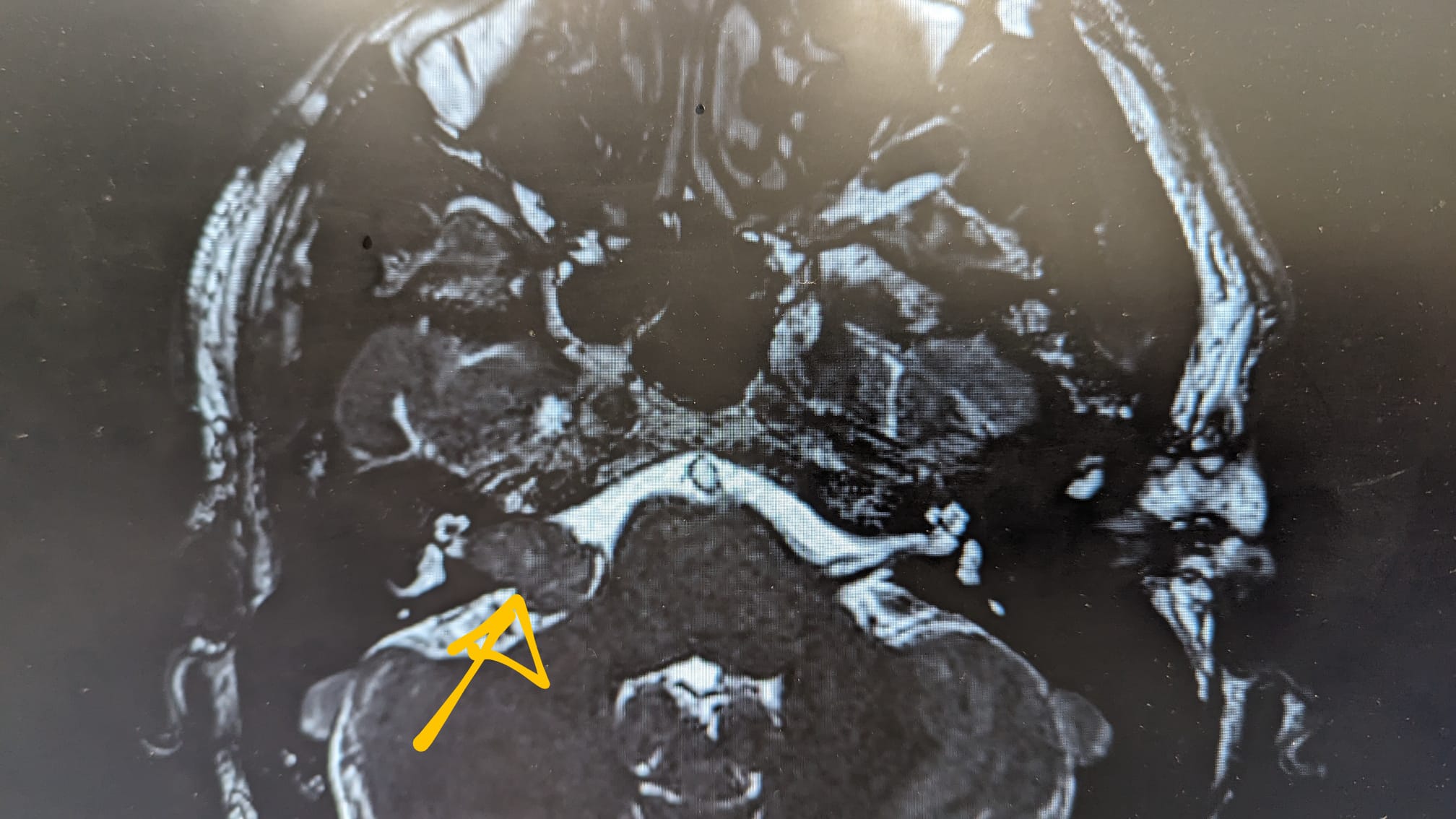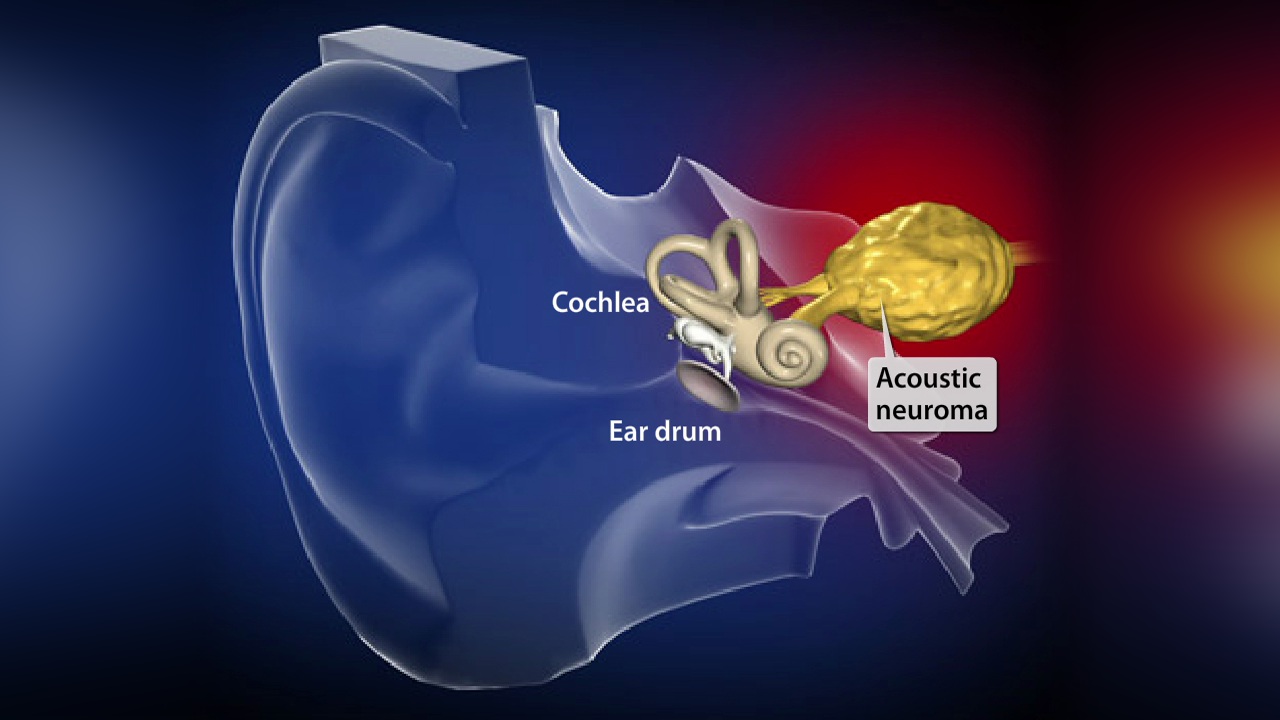
Finding Calm in Chaos: My Journey with Meditation and Mindfulness
Introduction
Incorporating meditation and mindfulness into my daily life has become a crucial part of managing both my physical and mental well-being. From dealing with the challenges of an Acoustic Neuroma to staying on top of my fitness goals, I’ve found that taking time to slow down and practice mindfulness has brought balance to the chaos of everyday life.
Table Of Content
My Introduction to Meditation
I first discovered meditation through the Peloton app, which I initially started using for fitness. However, as I dug deeper into their offerings, I found that the meditation classes were a game-changer for both my mental health and my ability to manage stress. I didn’t expect how impactful a few minutes of mindfulness could be until I began incorporating it into my daily routine.
Why Mindfulness Matters to Me
Living with an Acoustic Neuroma brings constant challenges—one of the biggest being the relentless tinnitus in my right ear. It’s always there, a reminder of the tumor nestled in the right cerebellopontine angle. Meditation has helped me learn to accept this sound without letting it take over my mind. I’ve developed a practice where I focus on the present moment, letting go of anxieties about future MRI scans or potential treatments.
Through mindful breathing exercises, I’ve learned to ground myself when the tinnitus feels overwhelming. Instead of letting it drive me to distraction, I now use it as a cue to return to the present. Focusing on my breath, the sounds around me, and how my body feels in the moment has made a huge difference in how I cope.
How Meditation Fits Into My Fitness Routine
As someone who thrives on fitness, staying active is a big part of my life—whether it’s on my Peloton bike, out for a run, or paddleboarding around a lake. But what surprised me was how mindfulness complements my physical training.
I’ve found that meditation doesn’t just help calm my mind; it enhances my performance. Before a long run or a big event, I’ll use a short meditation session to clear my mind of distractions and set my intentions. Focusing on my breath and visualizing the race ahead helps me stay present and push through challenges, whether I’m out on the water, the road, or a trail.
Post-workout meditation is equally valuable. After an intense Peloton class or a demanding paddleboard session, I take 10 minutes to center myself, allowing my body and mind to recover. This simple practice helps me reflect on my progress, celebrate small victories, and release any tension I might be holding onto.
The Peloton App: My Go-To for Guided Meditation
The Peloton app has been my go-to for guided meditation. The instructors provide a range of practices—from mindfulness exercises to calming meditations specifically designed to help with sleep. I’ve come to rely on it, especially on days when I feel overwhelmed or distracted by the constant tinnitus.
Here are some of my favorite types of meditation from the app:
- Mindfulness for Focus: I often turn to these sessions when I’m preparing for an event or need clarity during my fitness routine. They help me stay present and clear my mental clutter.
- Body Scan Meditation: This is a great post-workout practice. I use it to relax each muscle group after a long run or SUP session, which aids in both physical recovery and mental relaxation.
- Sleep Meditation: Managing the symptoms of an Acoustic Neuroma can sometimes interfere with my sleep. The sleep-focused meditations on Peloton help me unwind and get much-needed rest, even when my mind is buzzing with activity.
How You Can Start a Mindfulness Practice
If you’ve ever felt overwhelmed by stress, work, health issues, or fitness goals, I encourage you to give mindfulness and meditation a try. You don’t need to start with long sessions—just five minutes a day can make a difference. Here are a few steps to get started:
- Start Small: Try a 5-10 minute session first thing in the morning or right before bed.
- Focus on Your Breath: Use your breath as an anchor, coming back to it whenever your mind starts to wander.
- Be Consistent: Consistency is key—try to practice daily, even if it’s just a few minutes.
- Use Guided Meditations: If you’re new to meditation, guided sessions (like those on Peloton) can help you stay focused and provide structure.
- Stay Patient: Meditation is a skill that develops over time. Don’t worry if your mind wanders—simply notice it and bring your focus back to your breath.
Conclusion
For me, mindfulness is more than just a practice—it’s become a way of life. It’s a tool I use to navigate the noise, both literal and figurative, that comes with having an Acoustic Neuroma. It’s also a way to stay grounded in my fitness goals, keeping me centered through the intensity of training and competition.
If you’re someone juggling multiple demands or managing health issues like me, I can’t recommend mindfulness enough. It might just be the calm you need to bring balance to your own chaos.
Please share this article if you like it!
I’m a fitness enthusiast and Peloton addict who loves challenging limits through races, paddleboarding, and life’s adventures. Here, I share milestones, reflections on Acoustic Neuroma, and stories of resilience and growth.






No Comment! Be the first one.